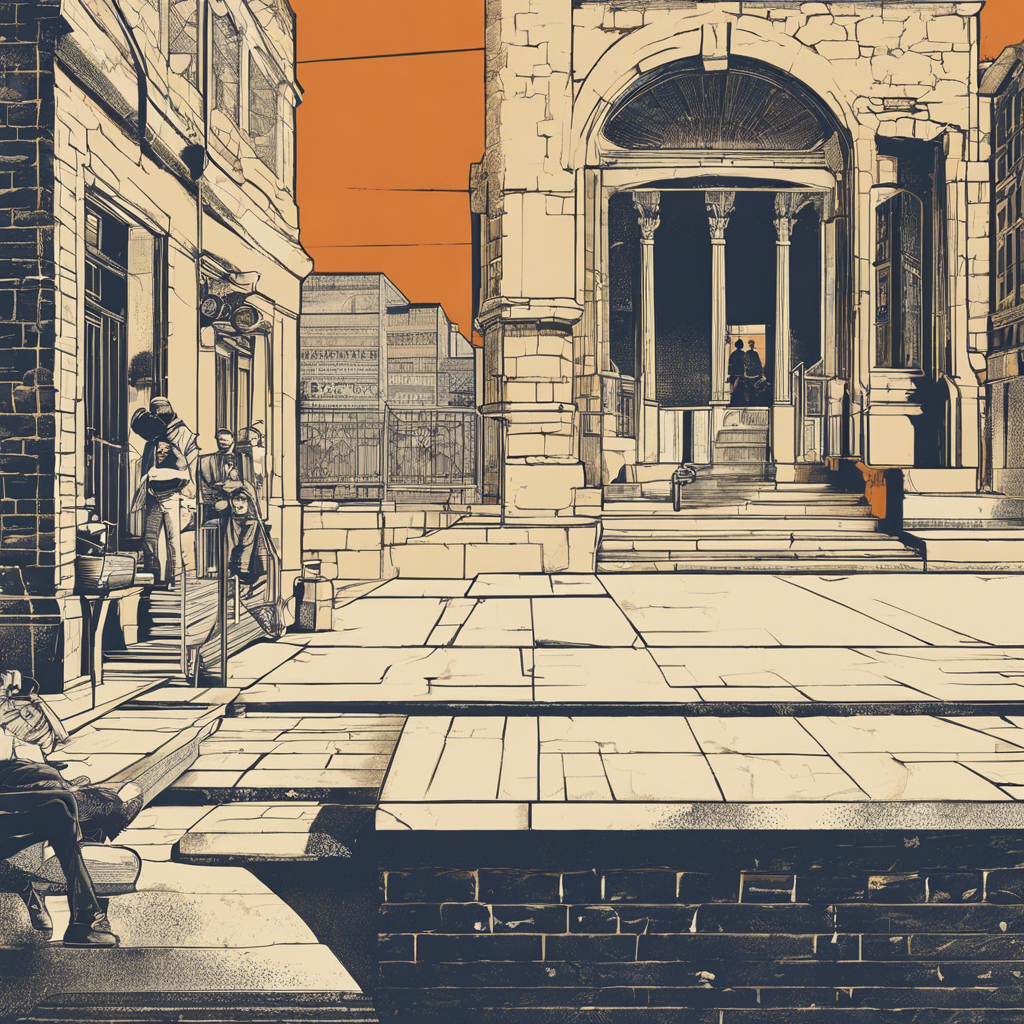Legal clinics improve access to justice, offering legal aid, education, and advocacy to those in need, but face challenges in sustainability.
Legal clinics play a vital role in ensuring access to justice for all, especially for those who are economically disadvantaged or marginalized. In a society where legal services can be expensive and often out of reach for many, legal clinics step in to bridge the gap. This article explores the impact of legal clinics on access to justice, highlighting their benefits, challenges, and the stories of those they have helped.
These clinics are typically staffed by legal professionals, law students, and volunteers who dedicate their time and expertise to providing much-needed support. The services they offer can range from legal advice and representation to community education and advocacy, all aimed at empowering individuals and communities to understand and assert their rights.
##
Enhancing Access to Legal Services
Legal clinics operate on the principle of providing **pro bono** legal assistance, ensuring that financial constraints do not become a barrier to justice. They offer a range of services, often tailored to the specific needs of their communities.
###
Legal Aid for the Underserved
One of the primary functions of legal clinics is to provide direct legal aid to individuals who cannot afford private legal representation. This may include assistance with civil, criminal, or family law matters. For example, clinics might help tenants facing eviction, individuals seeking asylum, or victims of domestic violence who need protection orders. By doing so, these clinics empower individuals to navigate complex legal processes and assert their rights.
###
Community Engagement and Education
Legal clinics also play a crucial role in educating the community about their legal rights and responsibilities. They often conduct workshops, seminars, and outreach programs to raise awareness on various legal issues. This can include topics such as tenants’ rights, immigration policies, or understanding the criminal justice system. By empowering individuals with knowledge, legal clinics enable them to identify legal issues and seek appropriate solutions.
###
Advocacy and Systemic Change
####
Policy Advocacy
Beyond individual cases, legal clinics often engage in policy advocacy, working to influence laws and regulations that affect their clients. They may collaborate with lawmakers, community organizations, and other stakeholders to promote legal reforms that enhance access to justice. This advocacy work aims to address systemic issues and improve the overall legal framework, benefiting not just individual clients but also the community at large.
A notable example of a legal clinic’s impact is the story of ‘The Legal Aid Society of New York City.’ This organization, through its various clinics, has helped thousands of New Yorkers with a wide range of legal issues. From preventing wrongful evictions to securing immigration relief for vulnerable families, their work exemplifies the tangible difference that legal clinics can make in people’s lives. The society’s website provides a wealth of resources and success stories, showcasing the power of legal aid to transform lives and communities. [^1^]
##
Case Studies: Real-Life Impact
###
Success Stories
The impact of legal clinics is best understood through the stories of those they have helped. For instance,
The American Bar Association’s
“Pro Bono Legal Services” program has been instrumental in delivering legal aid across the nation. Through a network of dedicated attorneys and volunteers, the program has offered free legal services to veterans, low-income families, and individuals facing civil legal issues. Their work has resulted in numerous success stories, from preserving housing rights to securing crucial benefits for those in need. [^2^]
###
Community Transformation
Legal clinics also contribute to community transformation by addressing systemic issues. For example,
The Legal Aid Society of New York
has been at the forefront of advocating for public housing residents’ rights, leading to substantial improvements in living conditions. Their work demonstrates how legal clinics can effect change at a community level, ensuring justice and fair treatment for all.
##
Challenges and the Way Forward
###
Sustainability and Funding
Despite their significant contributions, legal clinics face challenges in sustainability and funding. Many rely on grants, donations, and volunteer efforts, which can be unpredictable. This uncertainty may limit their ability to provide consistent and comprehensive services.
###
FAQ: Addressing Common Concerns
####
What types of cases do legal clinics typically handle?
Legal clinics handle a wide array of cases, including but not limited to landlord-tenant disputes, immigration matters, family law issues, and consumer rights. They often focus on areas of law that have a significant impact on the daily lives of their clients.
####
How can individuals access legal clinics’ services?
Most legal clinics have outreach programs and partnerships with community organizations. They may also advertise their services through local media or online platforms. Individuals can typically reach out to the clinics directly or through referral agencies.
####
How do legal clinics ensure the quality of their services?
Legal clinics maintain high standards by employing qualified legal professionals and providing ongoing training for volunteers. Many clinics also have rigorous case management systems and adhere to ethical guidelines set by legal professional bodies.
In conclusion, legal clinics are vital in promoting access to justice, offering a range of services that empower individuals and communities. From direct legal aid to community education and advocacy, these clinics make a tangible difference in people’s lives. However, challenges remain, particularly in terms of funding and sustainability. Addressing these issues is essential to ensure that legal clinics can continue their invaluable work, making the justice system more accessible and equitable for all.
[^1^]: [The Legal Aid Society of New York City](https://www.legalaidnyc.org/)
[^2^]: [American Bar Association’s Pro Bono Legal Services](https://www.americanbar.org/groups/public_services/probono/)
